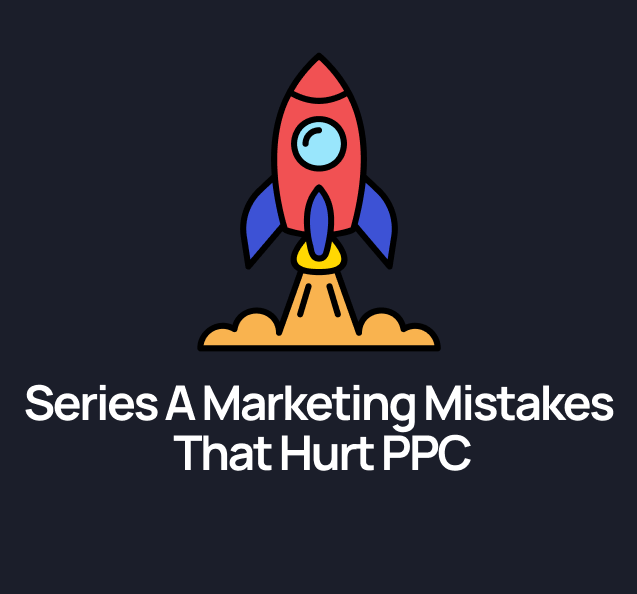If you're still optimising your campaigns for cost-per-lead instead of customer lifetime value (LTV), you're optimising for the wrong outcome.
In B2B ppc especially in SaaS and fintech, most of your revenue doesn’t come from the first purchase. It comes from renewals, expansions, and second-order revenue. That means the channel that brings in the cheapest leads isn’t always the one bringing in the best customers.
Here’s how to prioritise the channels that bring in your highest LTV customers and why it starts with redefining what "performance" really looks like.
Step 1: Define LTV by Segment
Before you start optimising channels, you need to know what a high-LTV customer actually looks like. This varies massively by segment.
Break it down by:
- Industry or vertical
- Company size or funding stage
- Product usage patterns
- Sales cycle length
If you can’t yet track LTV directly, proxy it with:
- Contract size
- Retention rates
- Expansion or upsell potential
Map this against your CRM data. Which deals turned into your best customers?
Step 2: Attribute the Origin — Not Just the Last Click
Most paid media reporting stops at last-touch attribution. But your best customers often took a meandering path before signing.
Use tools like:
- HubSpot’s multi-touch attribution reports
- Segment and GA4 event tracking
- Post-sale surveys ("How did you first hear about us?")
Look for patterns. Did your high-value clients:
- Engage with a founder-led LinkedIn post?
- Click a branded Google Search ad after months of dark social?
- Attend a webinar hosted with a partner?
Those breadcrumbs tell you where to double down.
Step 3: Benchmark Channels by Downstream Value
It’s not enough to say "LinkedIn leads are more expensive." The question is: do they close faster, retain longer, or expand more often?
Create a simple report:

Numbers above are illustrative — but this is the level of analysis marketing leaders should be doing before reallocating budget.
Step 4: Test Premium Channels, Not Just Popular Ones
Some of your best customers might come from expensive or unconventional sources:
- Industry newsletters or niche publications
- Sponsoring strategic Slack or Discord communities
- Partnering with influential consultants
- White-glove outbound with highly personalised sequences
These don’t scale like Google Ads but they don’t have to. If your LTV is high enough, the ROI makes sense.
Step 5: Align Messaging to Value, Not Volume
Channels that convert high-LTV customers tend to have more educated, discerning audiences. They’re not clicking out of curiosity — they’re evaluating.
That means:
- Less hype, more clarity
- Concrete proof (case studies, ROI numbers)
- Landing pages that match sophistication
Let your competitors fight over MQLs. You’re playing a different game.
TL;DR: LTV Is a Compass, Not Just a Metric
When you start using LTV as your guiding KPI, everything shifts:
- You spend more on channels that drive real revenue
- You focus less on cheap leads, more on strategic growth
- Your CAC might rise but your margins will thank you later
Want to optimise your media mix for high-LTV customers?
We help SaaS and fintech teams identify the hidden performance in their paid strategy.
Explore our PPC Strategy and Google Ads Management services.

.svg)









